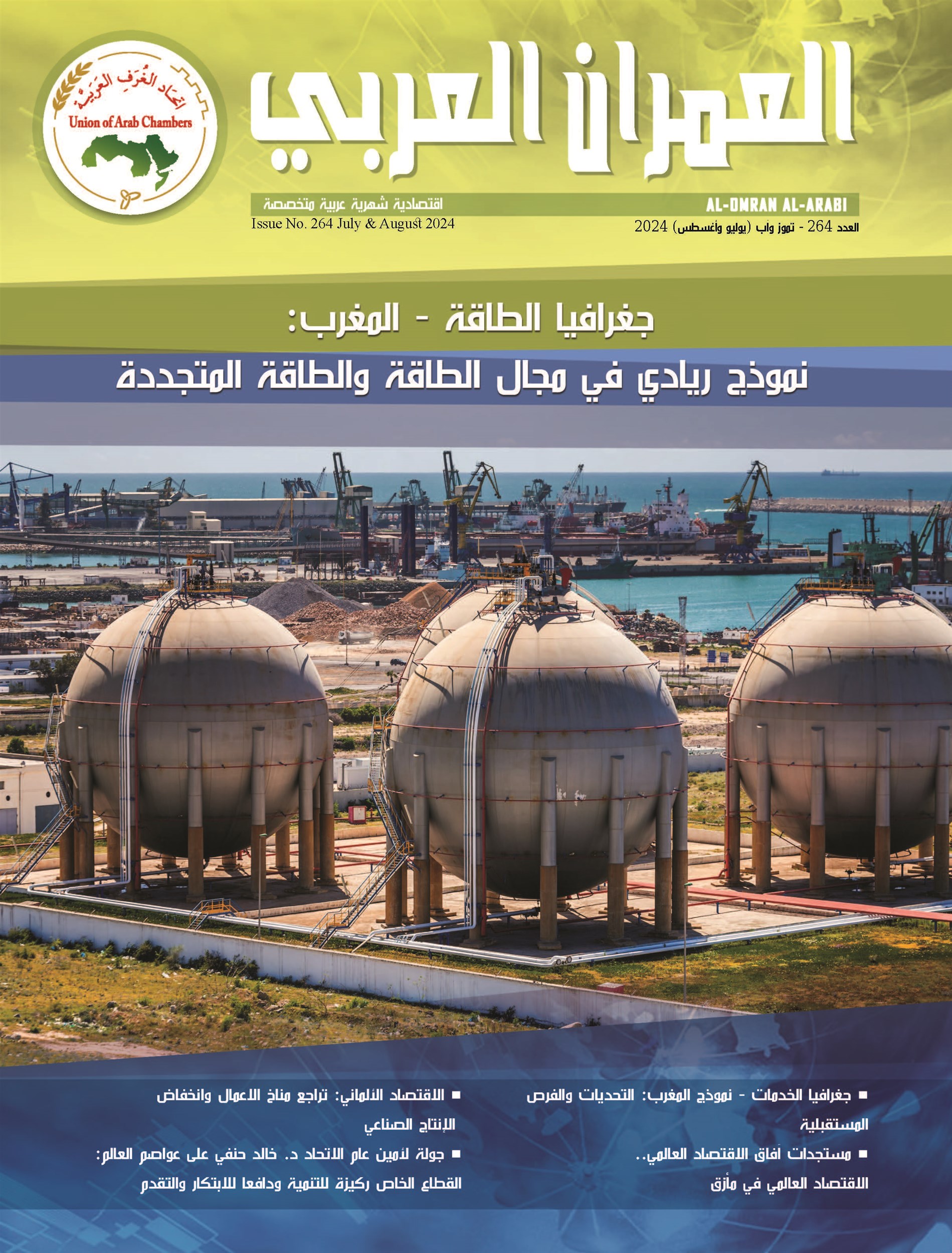
Investing in Scientific Research: Costs and Returns
Recent studies in the field of scientific research and development economics indicate that there is a close relationship between the development of scientific research and economic development. The orientation of scientific research towards scientific innovation and applied research leads to a high and noticeable economic return, and then generally turns into an investment product that supports economic and social development.
Scientific research in this case, in this sense and on this basis is considered a first-class economic investment, and not a random academic luxury. Accordingly, encouraging scientific research related to technology and its transfer has become considered one of the important matters if modern technology is to take its positive position in advancing the development process. This is done by benefiting from the experiences and expertise of other countries in localizing technology and development (China, Malaysia, and Japan) for example. The importance of scientific research is due to the fact that economically advanced countries have realized that their greatness and superiority are due to the scientific, intellectual, and behavioral capabilities of their people.
It is customary for investors and businessmen in the private sector to conduct economic feasibility studies for any project they invest in. This is done by calculating the project costs in all their forms (capital and current) and then comparing them with the expected returns over a specific period of time. Sometimes, other non-material considerations, such as social ones, are added, which cannot be measured mathematically but are given a number of points according to their importance in order to estimate their value during the comparison.
The transformation taking place today in the equation of the modern economy has increased the complexity of this equation, as the traditional investment elements of land, labor, and capital are no longer in effect today, but rather the focus has become on effective management, high training, and renewed knowledge. The monopoly of information has become a hard currency in the field of contemporary investment, which has given it a high symbolic value, made it a matter of interest to governments and institutions, and prompted international laws to move to protect its ownership rights.
From this standpoint, we find that the value of most commodities traded in contemporary international trade resulting from scientific research is determined based on the quantity and quality of the technology used in their production. This is not limited to the industrial and service sectors only, but extends to all sectors, both governmental and private.
The modern trend towards an open economy and the openness of global economies to each other has contributed to the increased pace of competition to develop new technologies and methods of production in order to maintain shares in global markets. The increasing intensity of competition between countries has been reflected in the creation of an increasing interest in investing in scientific research, to the point that the budgets of scientific research and development units today have become open budgets. Its aim is to provide all the resources necessary to maintain comparative advantages in the various areas of commodity and service production and to establish leadership in some of these areas with respect to advanced industrial countries.
On the other hand, many studies have proven that private investment in scientific research has a certain and large return, although its achievement may be somewhat delayed, but the return sometimes reaches about 35 percent of the total cost of the investment. This explains the growing interest among large global companies in research and development activities, and at the same time explains the prosperity of financing institutions - especially in developed countries - that are concerned with this type of investment in what is known as venture capital or risk institutions.
Hence, scientific research, with its two aspects: basic or fundamental, which aims to identify the general principles organizing new knowledge, and applied, which aims to reach new and specific solutions to a specific issue or develop new products or methods, is considered a highly important element of production. The outputs of scientific research in the fields of production are not limited to developing new technologies and better products only; rather, they extend beyond that to increasing the overall productivity of other production elements, including human capital, physical capital, and natural resources, as the efficiency of these elements improves when they are connected to modern production technologies, and thus production is enhanced in quantity and quality.
In conclusion, returning to the economically advanced countries worldwide, we find that the focus was primarily on scientific research and development, whether from the government or private sectors. This is what Arab countries must adopt, and some countries have adopted it, such as Saudi Arabia and the Emirates. However, the rest of the Arab countries need this approach, in order to develop and become makers of the transformation-taking place worldwide in all new economic systems and sectors.
